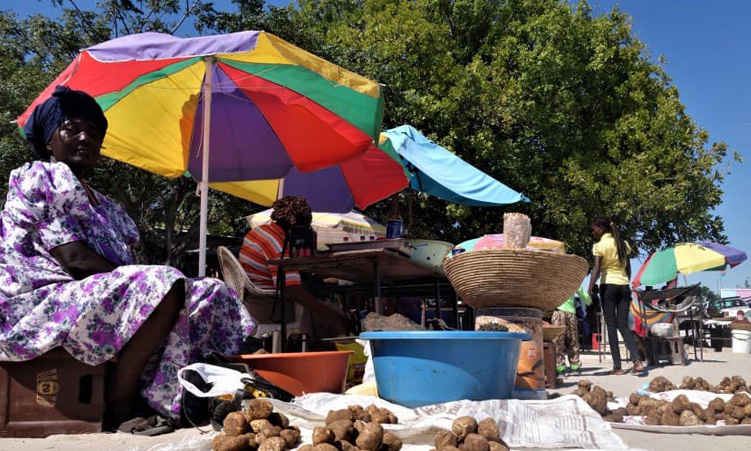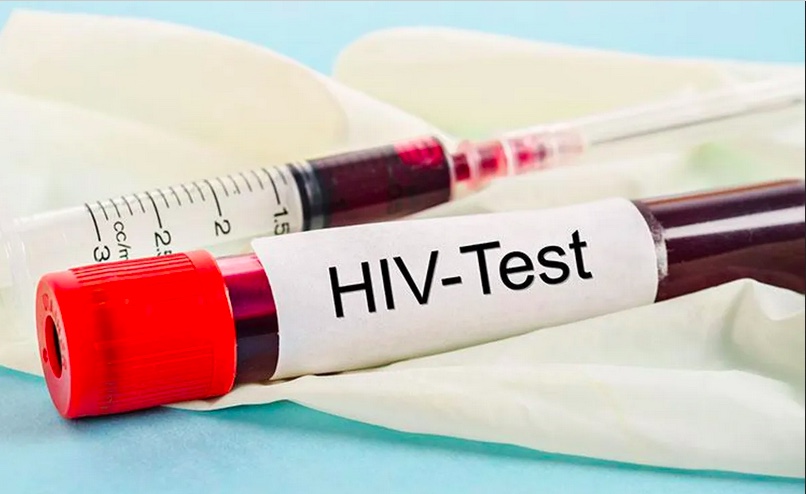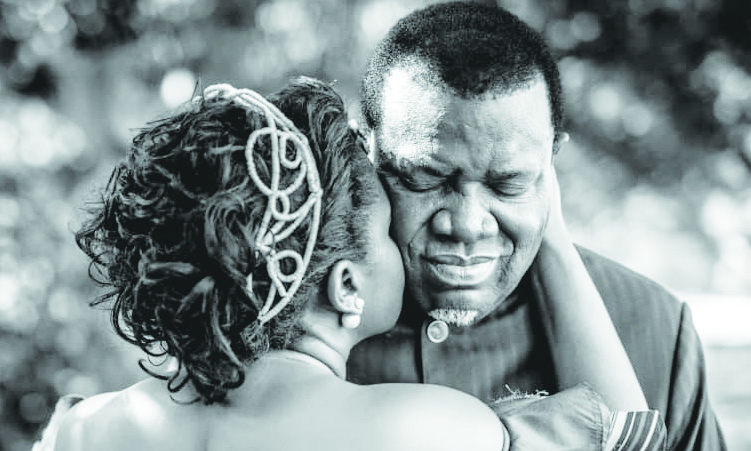The Namibia Meteorological Service forecasts a sharp rise in temperatures, reaching between 38 and 40˚C over the next two days.
Rainfall is expected to follow this period of intense heat.
The rising temperatures are part of the heat wave that started in South Africa last week.
“Temperatures in the north will range from 38 degrees to 40 degrees Celsius.
In the south it will range from 36 degrees going up to 43 degrees,” chief weather forecaster Odillo Kgobetsi says.
Kgobetsi says thunderstorms are expected to persist into the weekend over the north central, east and southern parts of Namibia.
He says a bit of cooling will set in over the interior today, but it will still be hot to extremely hot over parts of the country.
According to Kgobetsi, people in central Namibia should expect the heatwave to persist at temperatures of 38˚C and the east at 39˚C.

He adds that the south will cool down a bit on Friday. Temperatures will drop significantly to the lower 30’s.
The coast will be cloudy with hot to warm conditions, with rain expected until tomorrow.
“Citizens should expect rain this week,” Kgobetsi says.
He adds that the north and south will be hot to very hot over the next two days but will see a drop in temperatures from tomorrow. The interior will remain hot.
He advises citizens to stay cool and hydrated and to avoid extended hours when doing outdoor activities.
Kgobetsi says citizens should wear hats or use umbrellas and avoid activities between 12h00 and 15h00.
Ministry of Environment, Forestry and Tourism spokesperson Romeo Muyunda says the effects of climate change can be felt not only in the heat but in the change in weather patterns as well.
“That includes the insufficient rain leading up to the drought, the shift in seasons, the rainy season starting late, the winter season being shorter, and now, the heat.
So, definitely these are the impacts of climate change,” Muyunda says.
He says moving forward, Namibians must ensure they do not undertake activities that will further damage the atmosphere or contribute to greenhouse gases that will lead to temperatures rising.
He advises citizens to avoid driving when not necessary.
“It is those smaller things that we overlook, things like litter, and loss of biodiversity.

Those are the things that are leading up to climate change. So as people, we should be able to be mindful of those, but also in the midst of this heat, we really need to find adaptive measures,” Muyunda says.
According to the State of the Global Climate 2023 report, heatwaves, floods, droughts, wildfires and rapidly intensifying tropical cyclones cause misery and mayhem, upending everyday life for millions and inflicting billions of dollars in economic losses.
The report confirmed that 2023 was the warmest year on record, with the global average near-surface temperature at 1.45°C above the pre-industrial baseline. It was the warmest ten-year period on record.
The World Meteorological Organisation in September this year said the African continent has been warming at a slightly faster rate than the global average, at about +0.3°C per decade between 1991 and 2023.
They added that regions with a marked rainfall deficit included parts of North and northwestern Africa, the Horn of Africa, and portions of southern Africa including Zambia, Zimbabwe, Botswana, and most of Namibia.
On 22 May 2024, president Nangolo Mbumba declared a state of emergency regarding the current drought.
Environmental expert Innocent Haingura says the heatwave can be blamed on climate change.
According to Haingura, this is what causes periods of extreme droughts, extreme temperatures and extreme or irregular patterns of rainfall.
“But we cannot necessarily describe it as climate change manifesting, it’s more climate variability or varying climate as a consequence of a gradually changing climate,” he says.
He warns against exposure to radiation and says people need to look into ways to keep cool.
Haingura says those without access to air conditioning should try to keep indoors or take shelter.
“Avoid being exposed to intense radiation which is sweeping across the region at the moment,” he says.
Stay informed with The Namibian – your source for credible journalism. Get in-depth reporting and opinions for
only N$85 a month. Invest in journalism, invest in democracy –
Subscribe Now!





